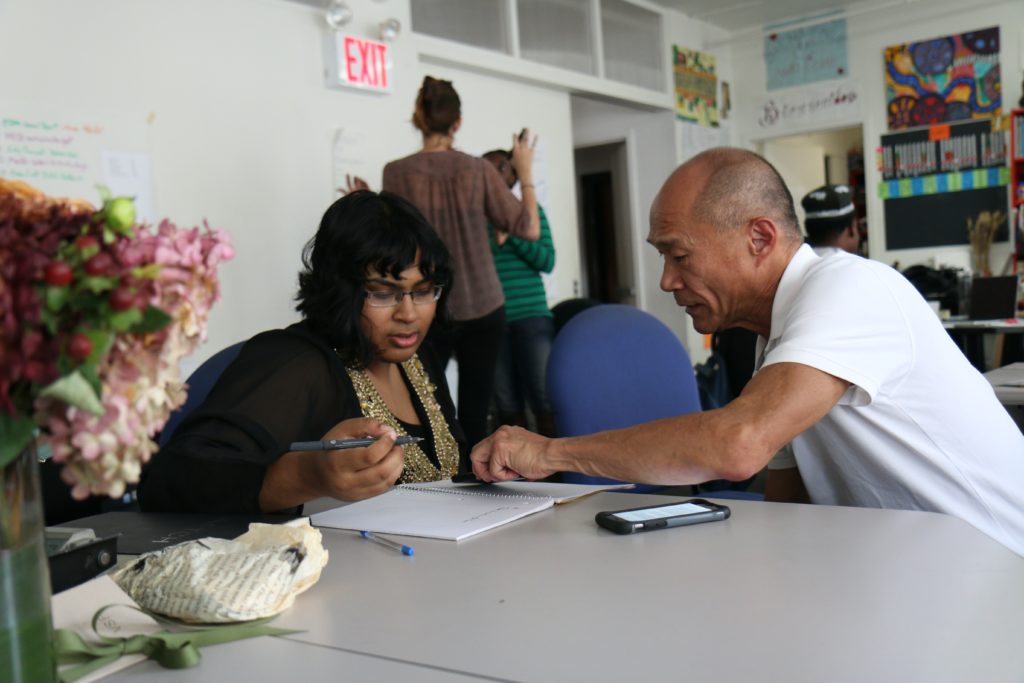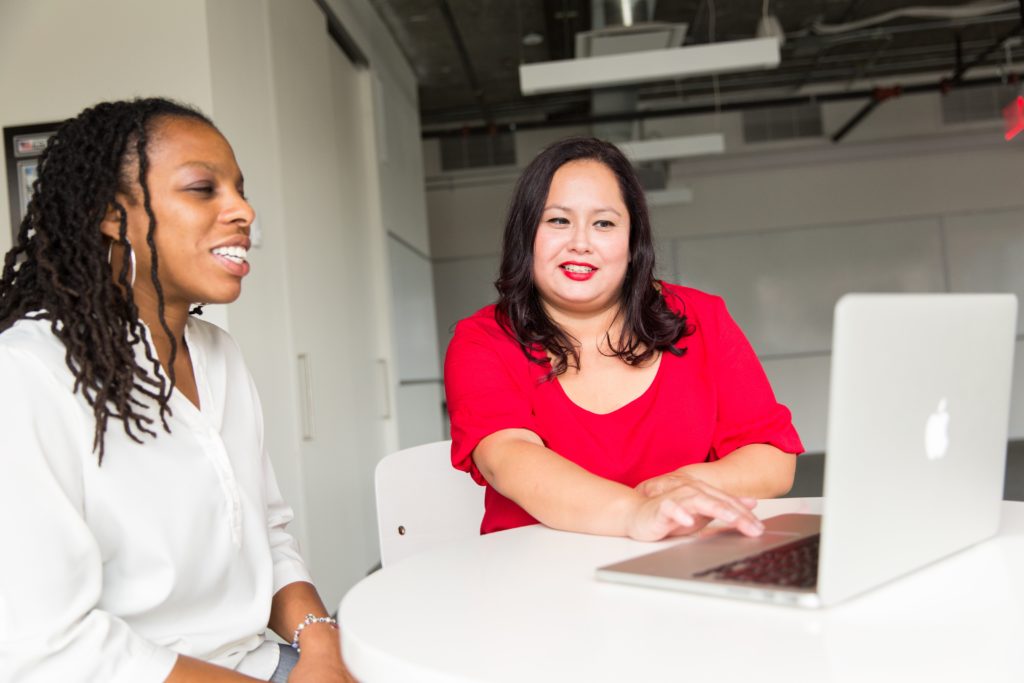
Why we teach
We come into teaching for many reasons

We come into teaching for many reasons
As a teacher in further or post-compulsory education, you may teach a range of ages, in a number of settings and a range of courses. This can include professional development, craft skills, life skills or wellbeing and health courses. Knowing why we want to teach, helps us to understand what is unique about what we bring to our teaching role.
Watch the video below to view other’s motivations and experiences for their teaching. You may want to make some notes about why you have come into teaching.
For clarity, on this course a teacher is anyone whose main role is to impart knowledge to others. This includes; facilitators, coaches, tutors, trainers and lecturers.
TEACHER|TRAINER|LECTURER
Whichever term you use, teaching isn’t just about teaching! You will find you take on many roles to support the learning process.
Click on the tabs below to find out more about the different roles you may do.
When you are instructing others on a topic. Sharing your knowledge and using strategies to help people to learn.

A person who marks work according to the listed assessment criteria.

Guiding people to discover their innate skills and knowledge to improve their abilities and performance.

Someone who uses their experience to provide help and personalised advice to encourage advancement improvement and independence.

Someone who completes the necessary paperwork related to the student or the course.

The above is by no means an exhaustive list, but understanding the different roles can enhance your teaching to be more inclusive. It can also benefit the relationship with your learners – particularly if people have had a previous negative learning experience. Being able to understand and help the transition to their learning will in the end, be of benefit to you, the learner and your organisation. Open your Notes to reflect on the different roles.